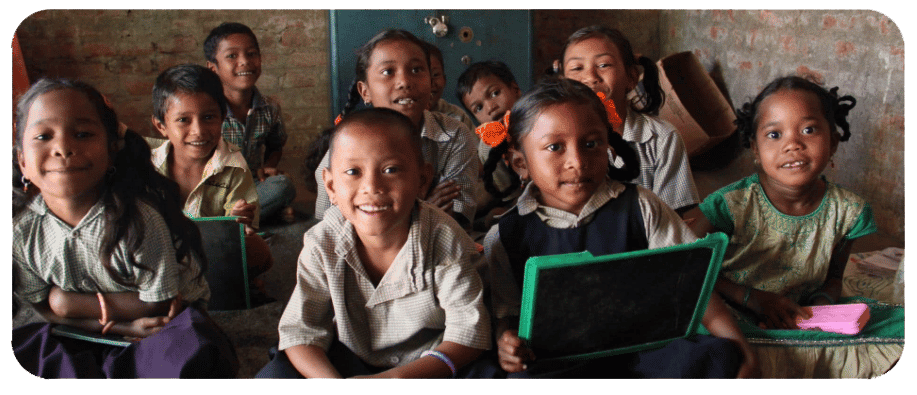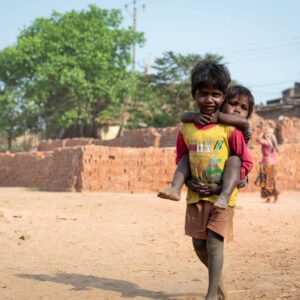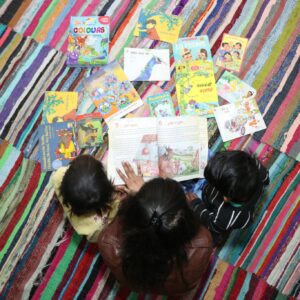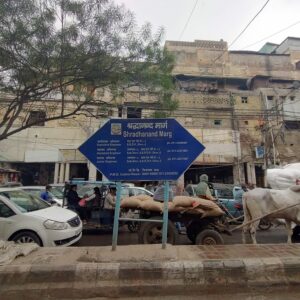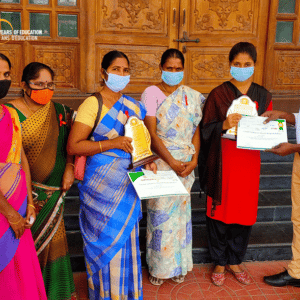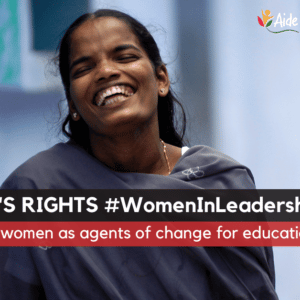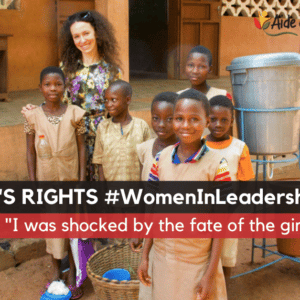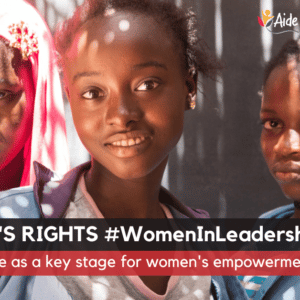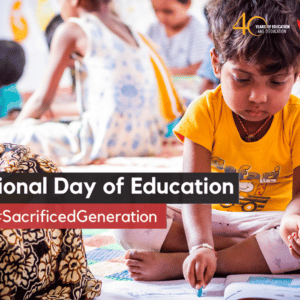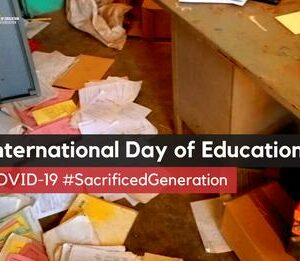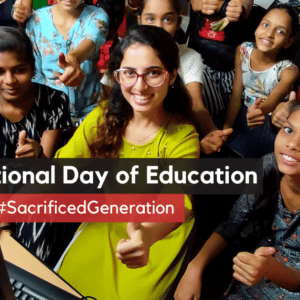The political and security crisis that Mali has been experiencing since 2012 has seriously affected the country’s education system. As a result, thousands of children do not have access to quality education. To respond to this problem, Aide et Action and its partners are developing educational alternatives.
With the “Access to Education for All Children in Mali” project, Aide et Action and its partners are trying to respond to the current challenges facing the country by facilitating the education of nearly 30,000 children out of school through various educational alternatives, including community relays and incentive measures. Indeed, the instability of the security situation, combined with the COVID-19 pandemic, leaves the national education system in a critical state. Since 2012, hundreds of schools have had to close and thousands of children no longer have access to quality education.
Incentives for going back to school
The incentives are aimed at a category of children in vulnerable situations in rural or urban areas. These consist of providing students with complete school kits (school bag, slate, notebooks, chalk, pencil, rag box, eraser) in order to reduce the cost of materials for some families. This support is greatly appreciated by children and their parents. It helps remove an obstacle to the education of the most disadvantaged. Last year, thanks to the work of 104 resource persons also known as “community relays”, this initiative enabled 1,631 children, aged 6 to 7, to be enrolled in 52 schools for the Academies of Education (AE) of Mopti and San.
However, the success of this approach has produced another effect, namely: the increase in needs, particularly for tables, benches and classrooms. In response to these needs, the project initiated the provision of school furniture and the construction of new classrooms for certain host schools, an activity that was not initially planned.
Community relays to raise awareness of the importance of education
Central to the project are our relays who are mobilized and trained to be able to explain the importance of school and relay the incentives that motivate parents to enroll their children. During the second or third week after the school opens, each year, community relays identify children who work, play in the street or are at home while their peers are at school. They then conduct an awareness campaign among family members, through five visits to the children’s homes. They offer solutions to facilitate registration (such as obtaining the child’s birth certificate if it is not in the caregivers’ possession and/or the payment of registration fees for the first year).
Once in school, these children are followed by school directors, school management committees (CGS) and / or community relays who monitor their retention in class. To ensure no child gets left behind, we understand the importance of educating the wider community on the benefits of schooling. Together, we hope to continue to reach the most marginalised children in Mali and the other countries we work in in Africa, Asia and Europe.


